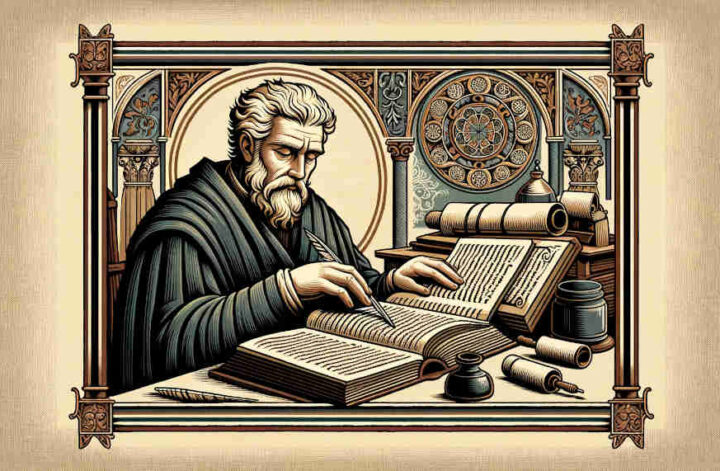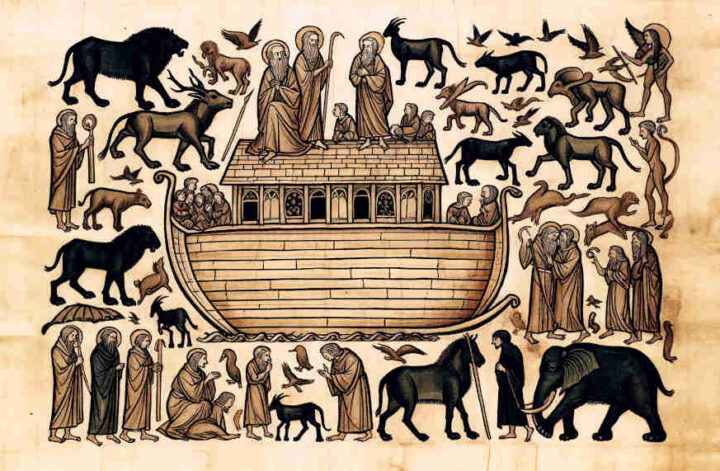Email from a reader: “Dear Rabbi Joshua, I’m studying the book of Genesis and would like to understand more about what the Noahide covenant specifically forbids. Could you elaborate on this topic? Thank you, Daniel”
Dear Daniel,
Your question delves into the heart of one of the foundational narratives in the Torah. The Noahide covenant, as described in Genesis, sets forth several key prohibitions and commandments that form the basis of the Seven Noahide Laws. Let’s examine these in detail.
The Prohibitions in Genesis:
After the flood, God makes a covenant with Noah, and by extension, with all humanity (Genesis 9). This covenant includes several explicit and implicit commandments and prohibitions:
- Prohibition of Murder: In Genesis 9:6, the text states, “Whoever sheds the blood of man, by man shall his blood be shed, for God made man in his own image.” This verse is understood as a strict prohibition against murder and a commandment to preserve human life.
- Prohibition of Eating Flesh from a Living Animal: Genesis 9:4 says, “But you shall not eat flesh with its life, that is, its blood.” This is interpreted as a prohibition against eating flesh torn from a living animal, emphasizing respect for the life and suffering of animals.
- Establishment of Courts of Justice: While not explicitly stated in Genesis, the commandment to establish courts of justice is derived from the broader context of the covenant, which sets forth laws to govern human society justly and ethically.
Broader Interpretations:
Aside from these specific prohibitions, Jewish tradition interprets the Noahide covenant more broadly to include additional ethical and moral laws, forming the Seven Noahide Laws. These encompass prohibitions against idolatry, blasphemy, sexual immorality, and theft, along with the commandments mentioned above.
These interpretations are not directly stated in the Genesis narrative but are derived from it through rabbinic exegesis and analysis found in later texts such as the Talmud.
Universal Ethical Principles:
The Noahide covenant, as interpreted by Jewish tradition, is seen as a universal ethical code applicable to all humanity. It represents a divine mandate for maintaining justice, respect for life, and moral integrity in human society.
Daniel, I hope this provides a clear understanding of the prohibitions and commandments within the Noahide covenant as presented in Genesis. This covenant forms a cornerstone of ethical monotheism and continues to be relevant in guiding moral conduct across diverse cultures and societies.
Warm regards,
Rabbi Joshua



